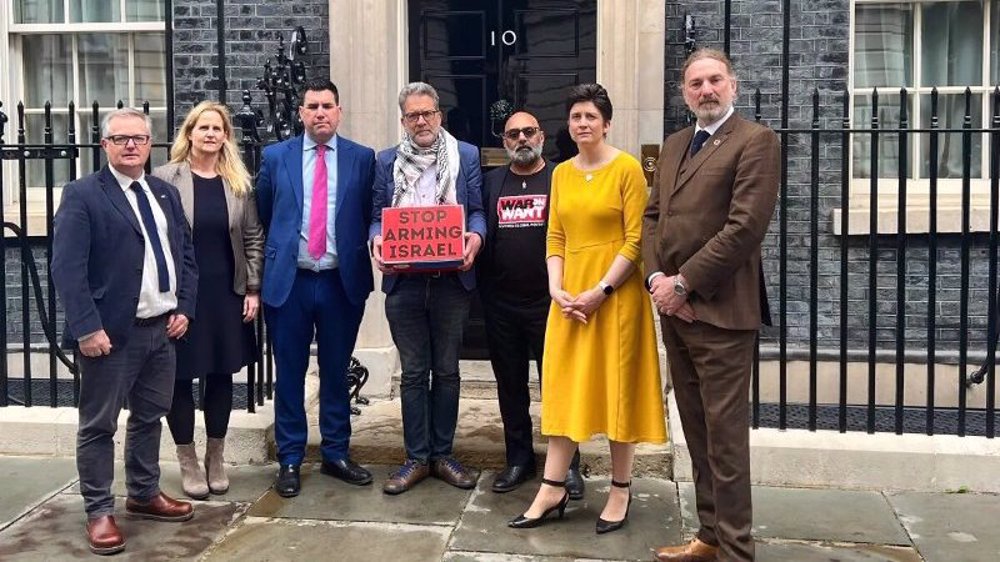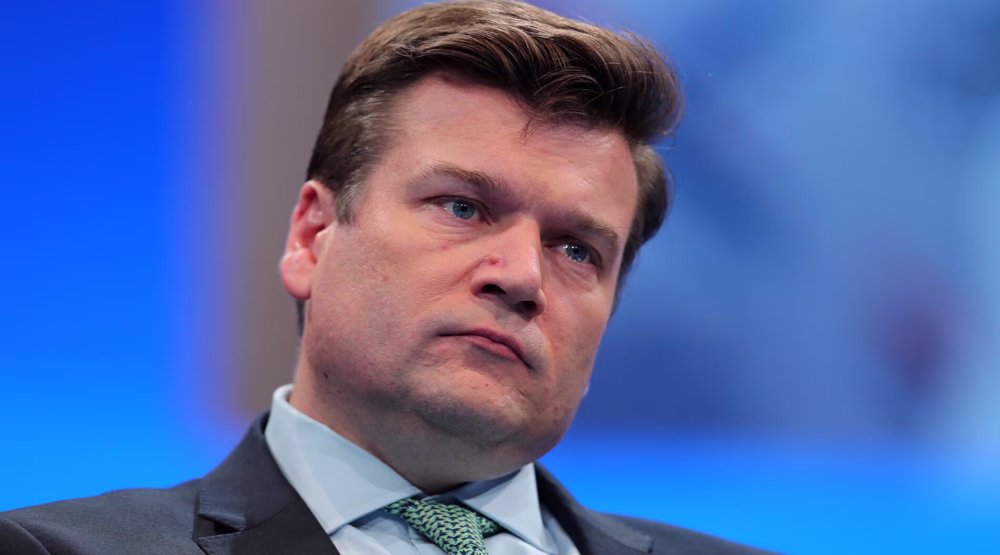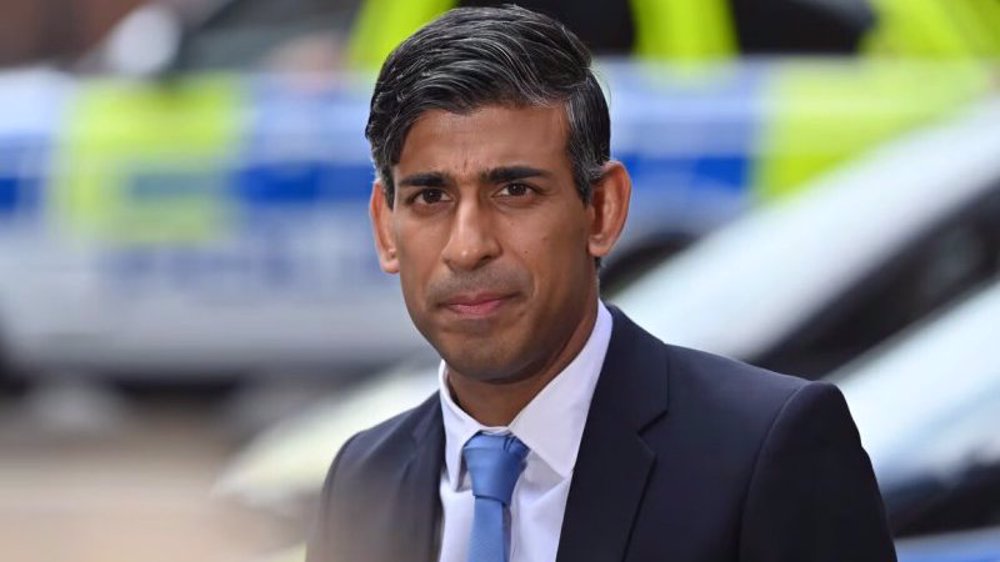UK military drone operators face long-term moral and psychological injuries
Years of conducting lethal drone operations from long distances is beginning to take its toll on the UK’s drone operators, who tend to be young men in their early 20s.
The Times newspaper is reporting that the Independent Medical Expert Group (IMEC) has conducted deep research into the subject and concluded that drone operators risk “moral” injuries as a result of the nature of their work.
The IMEC, which advises the UK’s Ministry of Defence (MoD), was commissioned by the government to undertake the research.
However, in an unusual twist, the Times Defence editor, Lucy Fisher, tweeted that the Royal Air Force (RAF - which operates the UK's drone squadrons) “strongly” contests the research’s findings.
An RAF source strongly contested report's findings.
— Lucy Fisher (@LOS_Fisher) March 10, 2020
Said "moral injury" & "moral ambiguity" were not conditions or language recognised in force.
Added that RAF are highly-training professionals who abide by laws of armed conflict & intl humanitarian law - atrocities v rare.
The RAF’s apparent rejection of the MoD-commissioned report’s findings is even more strange considering that another piece of research (commissioned in part by the RAF itself) from nearly four years ago yielded similar findings.
Peter Lee, an academic at Portsmouth University and a former RAF chaplain, was given unprecedented access to two RAF Reaper squadrons focused on targets in Afghanistan.
Lee concluded that young drone operators were subjected to “exhaustion” and “mental stress” as a result of fighting remote wars from the safety of their metal shipping containers at RAF Waddington in Lincolnshire.
The latest report by the IMEC – which validates Lee’s pioneering research – gives strong indications as to the long-term moral and psychological costs of Britain’s decision to fight covert wars from a distance of several thousand miles.
The stress and moral decay of the job is aggravated by the fact that on many occasions drone operators end up killing innocent civilians who happen to be going about their business in close proximity to designated targets.
Risks and uncertainty notwithstanding, the consensus amongst military aviation experts is that the RAF is unlikely to diverge from the insidious trajectory of swapping manned fixed-wing aircraft for unmanned aerial vehicles, otherwise known as drones.
VIDEO | Press TV's news headline
1.7 million Palestinians forcibly displaced in Gaza: UNHCR
Israel has lost deterrence against Iran: Islamic Jihad
VIDEO | Iraqis hail Iran’s reprisal operation against Israel
NYT: Don’t use words ‘genocide,’ ‘ethnic cleansing’ in Gaza war coverage
Iran hit Israeli military, intelligence bases linked to Syria attack: FM
VIDEO | Israel Gaza aggression
How Iranian missiles and drones evaded Israel’s much-hyped air defenses













 This makes it easy to access the Press TV website
This makes it easy to access the Press TV website